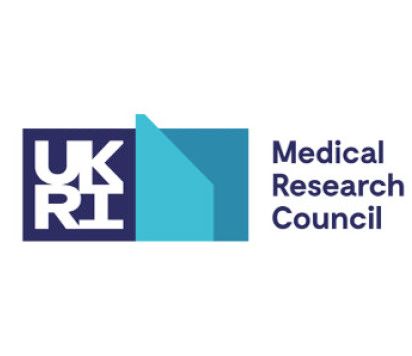Project Title: Elucidating genetic regulatory networks in Alzheimer’s Disease and drug repurposing
Supervisor: Professor Paul Matthews, Dr Eugene Duff
Location: Level 7, Sir Michael Uren Hub, White City Campus, 86 Wood Lane, W12 0BZ
About Me
I am a wet-lab biologist transitioning to computational work through my PhD project in the Department of Brain Sciences at Imperial College London. This has given me valuable experience with both aspects of biology, carrying out experiments in the lab as well as large-scale data analysis using R. I found a love for genetics through my undergraduate studies at Edinburgh Napier University, which I took further within my Master's degree at Imperial. It was there that I touched upon bioinformatics and neurodegenerative diseases. During my time studying, I also had the valuable opportunity to undertake two internship programmes. The first was at Charles River Laboratories, where I was a Consultant of Immunobiology, carrying out assays on samples for clinical and pre-clinical studies. The second was at Ladder Therapeutics, where I worked in the Biochemistry Team looking at potential drug targets. These experiences ultimately led me to pursue a PhD combining all of these topics.
Qualifications
- 2016-2020: BSc (Hons) Biological Sciences, Edinburgh Napier University
- 2020-2021: MSc Human Molecular Genetics, Imperial College London
Research Interests
Alzheimer’s Disease (AD) is a progressive neurodegenerative disease and is the most prevalent form of dementia. The complex cellular microenvironment within the brain needs to be understood in order to understand pathogenesis. In the past 20 years, only two medications have been approved which only treat symptoms. Recently, Aducanumab is the first FDA-approved anti-amyloid drug designed to affect disease progression but it has only been tested for patients with early-onset AD or AD patients with mild cognitive impairment. Furthermore, a large proportion of therapies in clinical trials targeting the amyloid cascade hypothesis failed to ameliorate disease. This highlights the need to generate a novel treatment. However, on average it takes 5.6 billion dollars and 12 years for a drug to make it onto market. Repurposing compounds is attractive because it can provide a faster therapeutic strategy with reduced cost until a successful drug is created.
Network medicine provides a framework to study biological processes, identify disease modules and therapeutic targets. This leads to a mechanistic understanding of disease pathogenesis, which is vital to identify targets that may reverse such processes. My project will surround pharmacomodulation of cell-type specific gene networks using bioinformatics techniques.
Contact Details
Email: anjali.golding20@imperial.ac.uk
LinkedIn: anjali-golding-5b2bbb159

